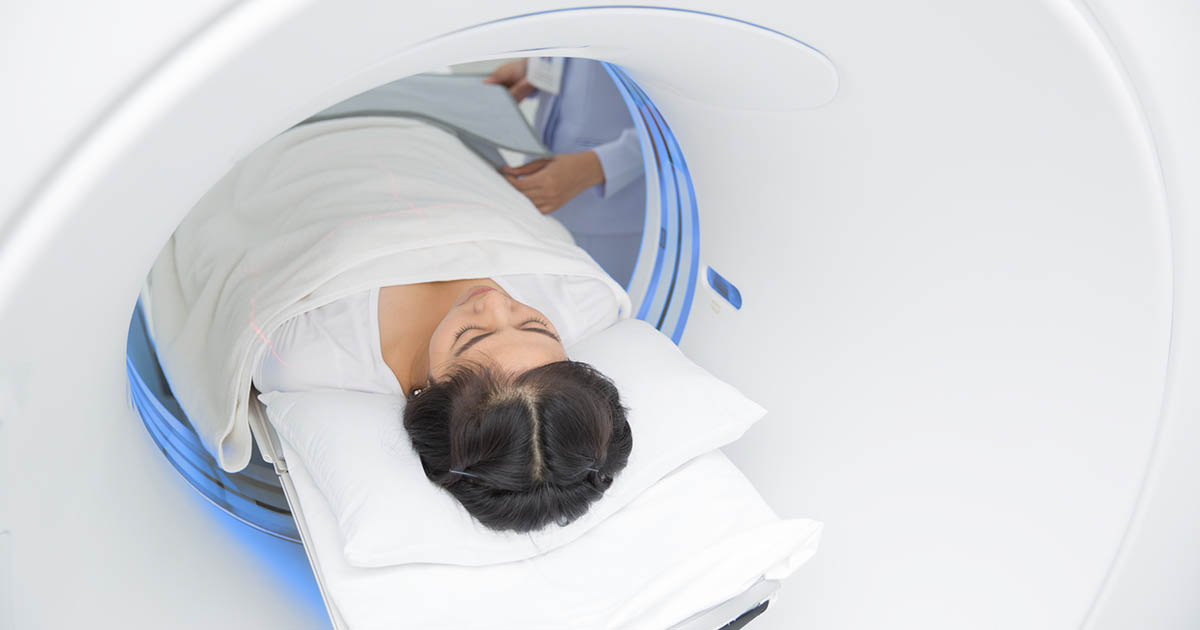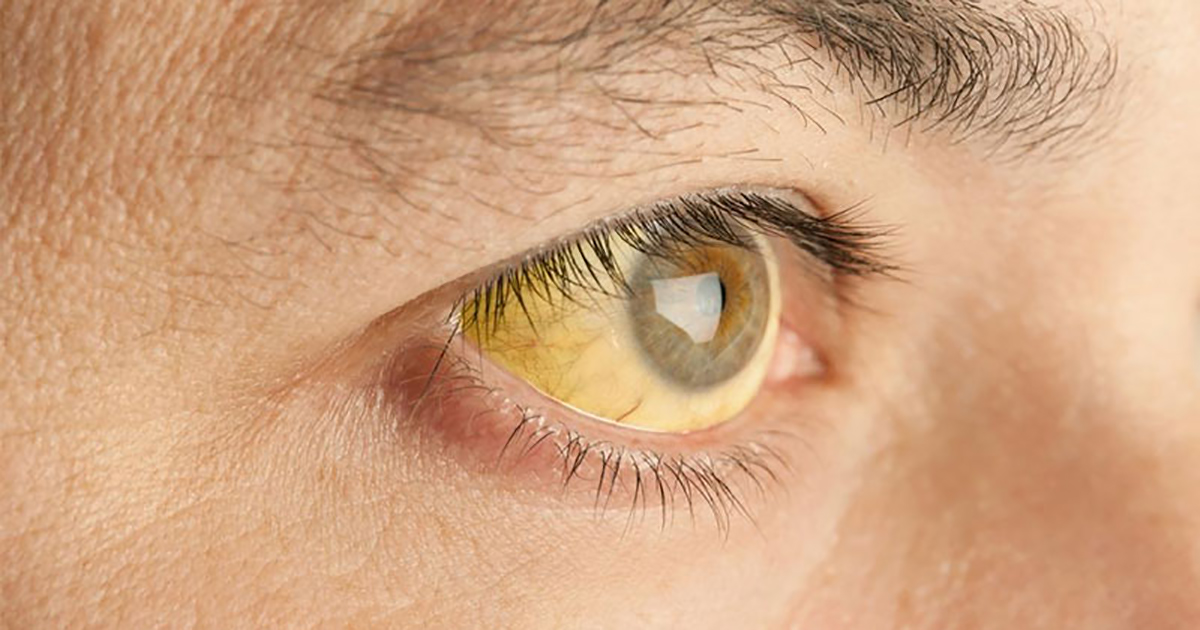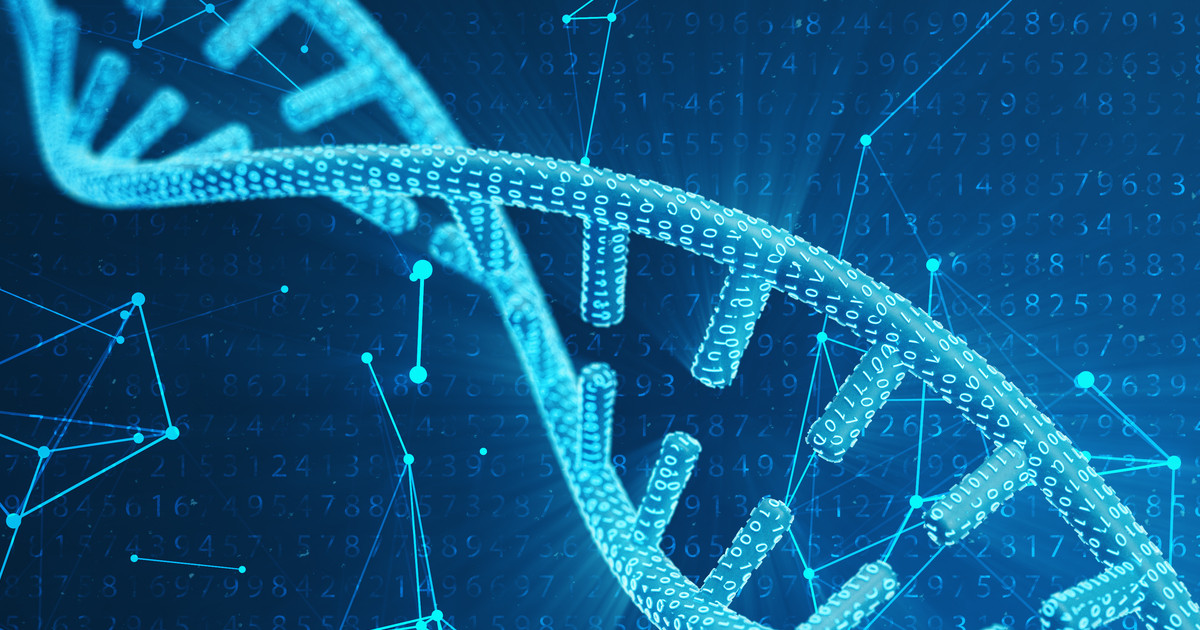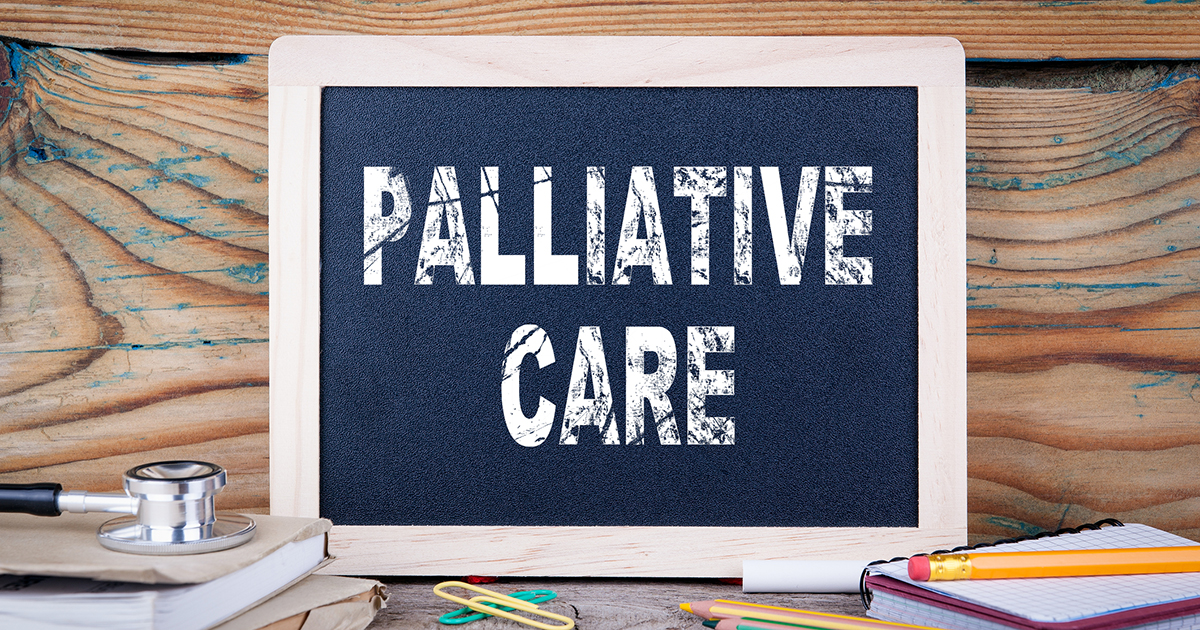Pancreatic Cancer 101: What You Need To Know
We've all heard it. The dreaded c-word: cancer. It steals loved ones and takes away control. Cancer can be a terrifying and difficult foe to face, but by learning what some of the warning signs are and symptoms to be alert to, we can help our doctors detect it earlier. Earlier intervention can lead to a broader range of treatment options and a better chance of stomping cancer into the ground. Let's get started on how a specific type of cancer, pancreatic cancer, is detected.
Diagnosing And Early Detection

Early detection, especially when it comes to cancer, can be started by looking at family medical history. You are at a significantly higher risk of developing cancer if you have multiple family members who have all been diagnosed with the same condition. You are also at higher risk for pancreatic cancer if you have a family member who developed it before fifty years old.
A diagnosis typically happens when pancreatic cancer has already progressed to later stages because pancreatic cancer is tough to test for, making early intervention even more critical. Diagnosing and early detection is typically done with the use of nuclear imaging scans. Screenings like magnetic resonance imaging or a CT scan can pick up some malignant or benign lesions, but they aren't as effective at viewing smaller lesions or ones that haven't fully developed into cancer.
Symptoms

One of the first symptoms of pancreatic cancer is jaundice, which simply means your skin or eyes take on a yellow color. The jaundice is actually caused by excess bile, which would normally be taken care of by the bile duct. This organ sits near the head of the pancreas. Tumors located in this area can press down on surrounding tissues and affect their function. Some other things that may occur are belly pain or back pain, and this occurs for the same reason jaundice does. In addition, as the bile duct remains blocked, the buildup of bile can make the gallbladder and liver swell, resulting in pain.
Tumors are going to need an ample supply of nutrients to continue their out of control growth pattern. This is the reason individuals diagnosed with pancreatic cancer tend to have an unintended decrease in weight. The cancer cells absorb all the nutrients, leaving the patient malnourished and underweight.
Causes

The exact causes of pancreatic cancer continue to keep scientists puzzled, but a few theories seem to hold a decent amount of weight. There is a strong link between a diagnosis and family history of pancreatic cancer, as well as specific gene mutations. Changes in the KRAS, BRAF, and DPC4 genes often occur, but there is still no specific reason behind these changes. Another option is there are inherited gene mutations, which means the changes are due to a change from a patient's parents. This increases the risk of developing cancer at a later time but does not necessarily guarantee it will happen.
Treatments

The difficult thing with getting adequate treatments for pancreatic cancer is it is usually diagnosed at more advanced stages, which may mean some options will not be too effective. Some patients opt to go straight for palliative care, which means treatment is aimed at keeping the patient comfortable. Side effects, like pain or nausea, are treated, but nothing is done to eliminate the tumor.
If an individual chooses to undergo surgery for pancreatic cancer, a medical team may decide on something called ablation or embolization. These types of surgery have a goal of destroying the tumors, which can be accomplished by trying to cut off their blood and nutrient supply, or by using extreme temperatures.
Prevention Tips

As with all types of diseases, there are going to be risk factors patients can't change, like age or race. However, other modifications can be very helpful in preventing cancer. Specific prevention tips for pancreatic cancer include smoking cessation and maintaining a healthy weight. Alcohol use and exposure to chemicals called carcinogens should also be limited. A carcinogen is simply a substance that has demonstrated a high connection with an individual developing cancer. If you have a family history of pancreatic cancer, it is even more important to practice these tips.
